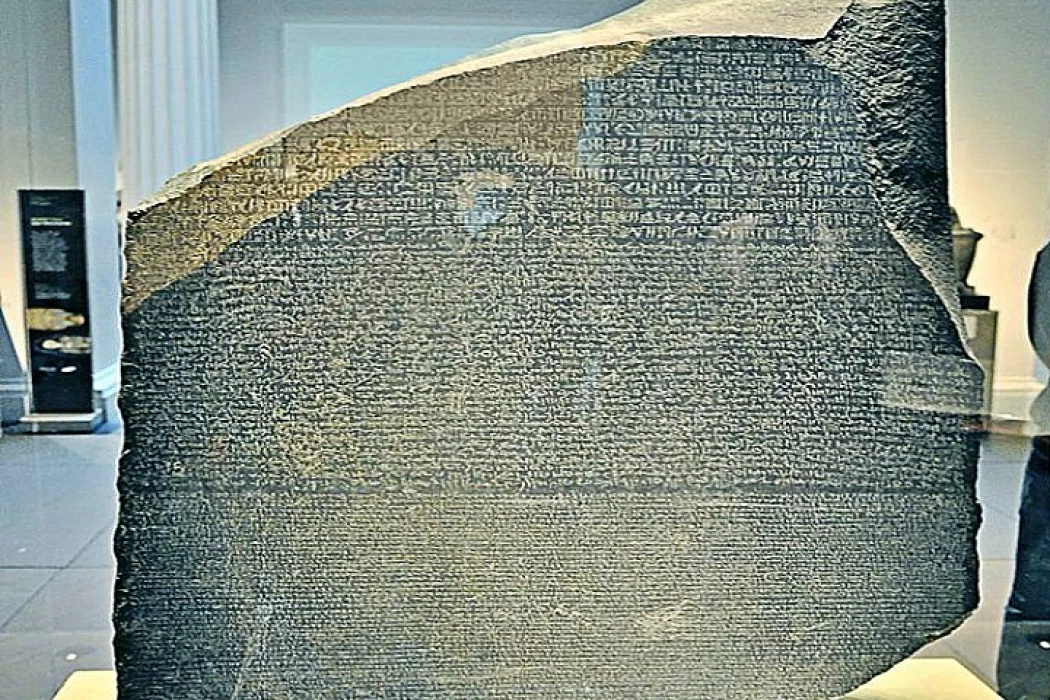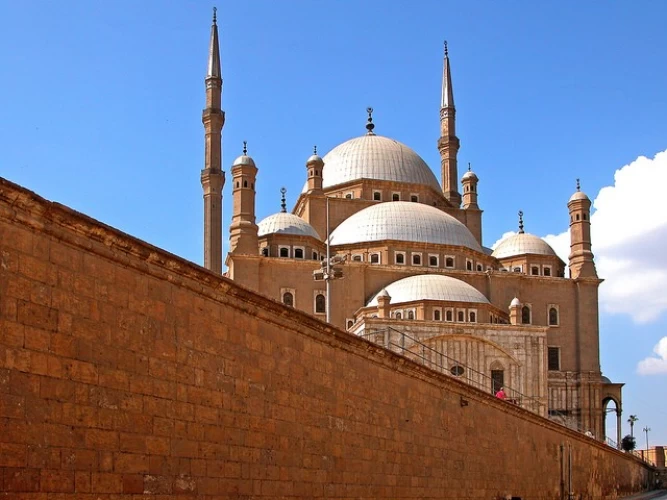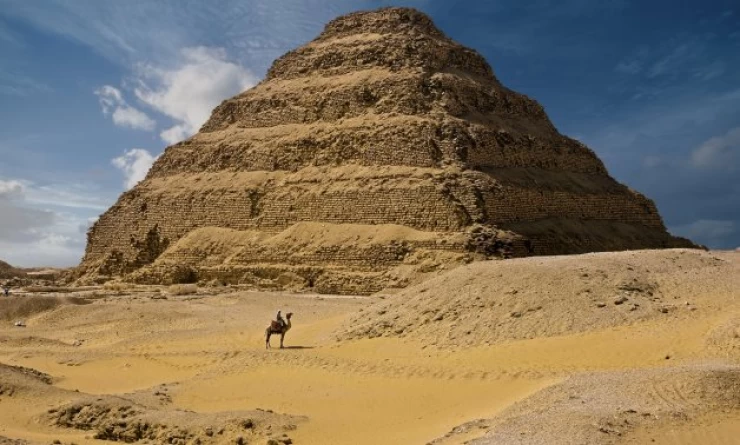
The French Expedition in Egypt
The French Expedition in Egypt
Egypt ruled under the rule of the Ottomans, the soldiers, and the Mamluks for about three centuries it suffered from types of injustice and mismanagement, which weakened its trade and made it isolated from the rest of the world; Many of the French and English community resided in Egypt at that time, but the Egyptians did not benefit from their stay among them, but rather they looked at them with an eye of contempt and hatred, thinking that their countries were still on the weakness they had heard about them during the Crusades, and that time had changed and that they had changed Europe has become so powerful and knowledgeable that martial arts have grown so powerful that it can only be confronted with its ideals.
At the end of the year (1212 AH / 1798 A.D.), this "Napoleon" abstracted a campaign against Egypt, and he owned it, and the country has since entered into a phase whose initiation is considered the principle of its modern history. Yes, the French did not stay in Egypt for more than three years, but their conquest of them was the first episode in a series of accidents, Europe played its most important role, and its consequence led to the social and political center that Egypt now occupies.
The most important reasons that prompted Napoleon to embark on this campaign and the French government was convinced of it, firstly: his desire to increase France’s influence in the Mediterranean and the Nile Valley annexed to it, because of the many benefits that France enriches from many distant colonies, and for its Great business standing. Secondly: paving the way for the British to conquer them by expelling them from India and taking them over by the French, because Egypt is the key to the way to those countries. In fact, Napoleon had great ambitions in the East with his family, and he was eager to come in the same way as Alexander the Great had brought before him.
















